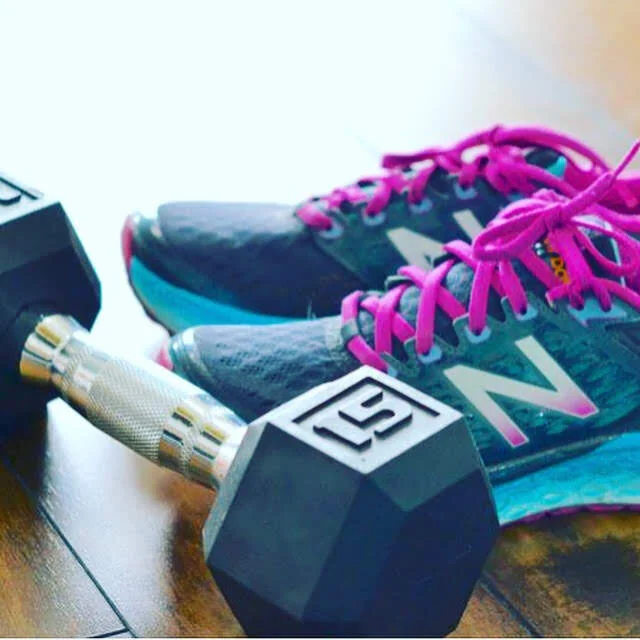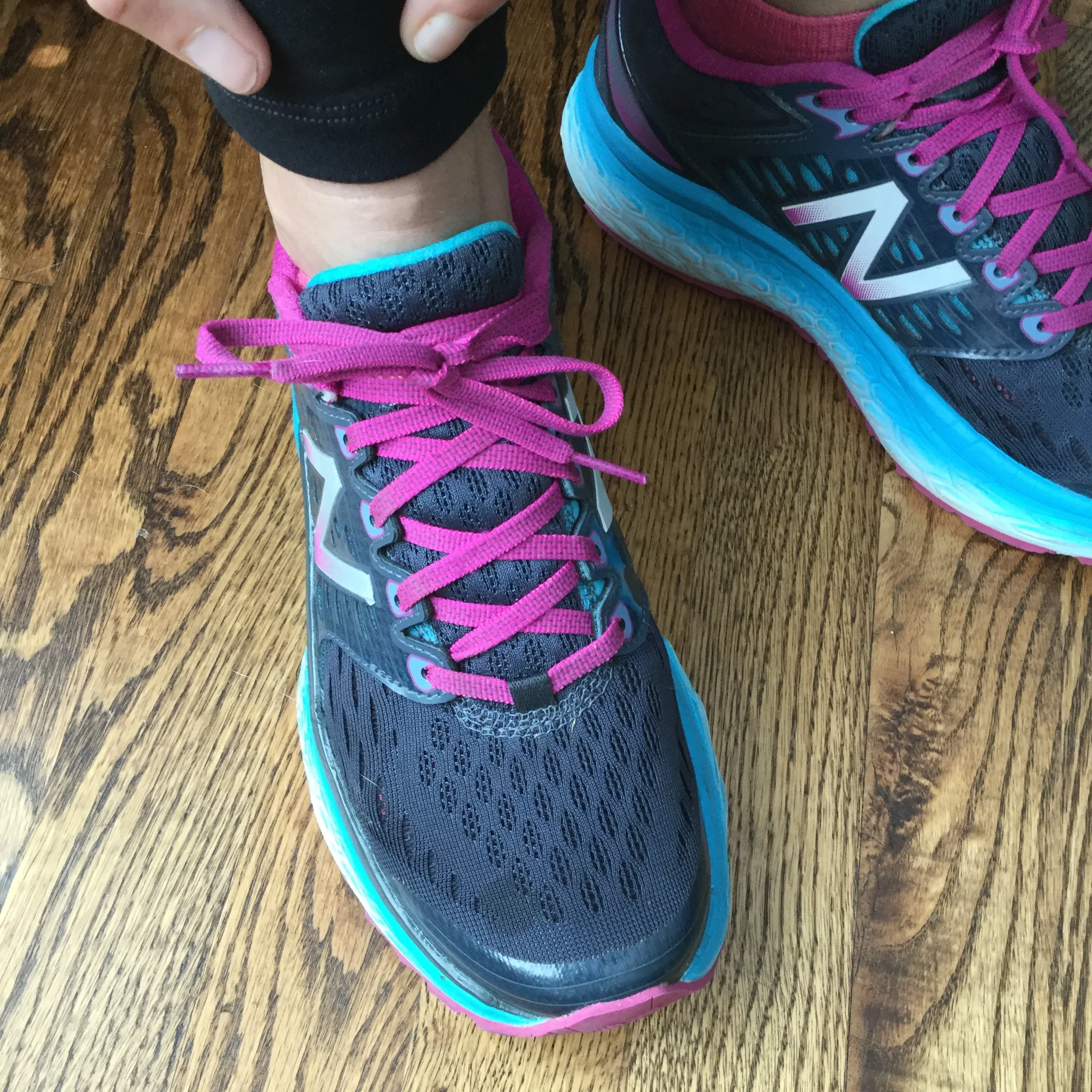Welcome to another edition of Running A-to-Z. I am having a blast writing these posts each week, covering a running-related topic following the order of the alphabet. If you missed any past Running A-to-Z posts you can catch up on letters A-P in the archives.
In these posts we talk a lot about running technique, tips and tricks, but sometimes what we need is a dose of motivation. Q is for Quotes. I've compiled a list of my top 10 favorite running quotes and even included my own at the end.
“If you run, you are a runner. It doesn’t matter how fast or how far. It doesn’t matter if today is your first day or if you’ve been running for twenty years. There is no test to pass, no license to earn, no membership card to get. You just run.”
“Your body will argue that there is no justifiable reason to continue. Your only recourse is to call on your spirit, which fortunately functions independently of logic.”
“I run because long after my footprints fade away, maybe I will have inspired a few to reject the easy path, hit the trails, put one foot in front of the other, and come to the same conclusion I did: I run because it always takes me where I want to go.”
“I don’t run to add days to my life, I run to add life to my days.”
“But I also realize that winning doesn’t always mean getting first place; it means getting the best out of yourself.”
“Winning has nothing to do with racing. Most days don’t have races anyway. Winning is about struggle and effort and optimism, and never, ever, ever giving up.”
“The miracle isn’t that I finished. The miracle is that I had the courage to start.”
“As every runner knows, running is about more than just putting one foot in front of the other; it is about our lifestyle and who we are”
“And, finally, I run because there’s no better way to see the sun rise and set.”
“I started running to lose a few pounds but I ended up finding myself. I set out to change my body but instead I changed my life. ”
What is your favorite running quote?
Like this post? Please consider sharing.
I am a NASM personal trainer and RRCA adult distance running coach that specializes in strength training for runners. I offer in-person training in the Shredshed, online training and Fit to Run bootcamps. If you are interested in a more in-depth running or strength training plan, please contact me. Have questions? I'd love to help.
While I am a certified personal trainer, I am not your personal trainer. Since I don't know your exercise abilities, injury background or medical history, please see your doctor before beginning any new exercise program.


















